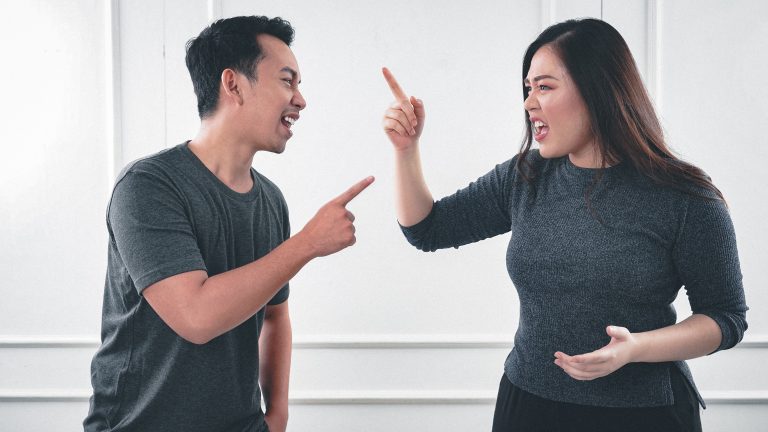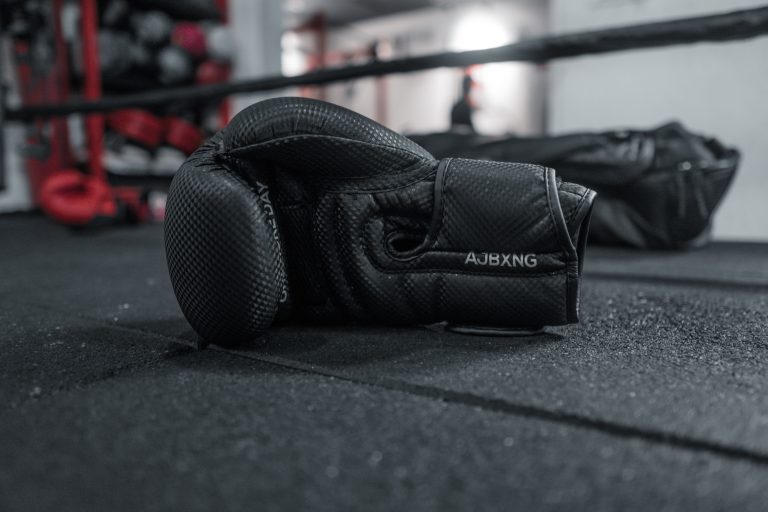Karate-Trainingskurse: Die Vorteile des Karate-Trainings
Karate ist eine Kampfkunst, die ihren Ursprung in Okinawa, Japan, hat. Es beinhaltet verschiedene Kampftechniken wie Tritte, Schläge und Stöße. Die meisten Menschen sehen Karate jedoch nicht nur als einen Kampfsport, sondern auch als eine Möglichkeit, um Körper und Geist zu stärken.
Wenn Sie sich für Karate interessieren und daran denken, an Trainingskursen teilzunehmen, sollten Sie die Vorteile des Karate-Trainings kennen. Im Folgenden stellen wir Ihnen die wichtigsten Vorteile vor:
Vorteil Nr. 1: Verbesserte körperliche Fitness
Karate-Training kann Ihnen dabei helfen, Ihre körperliche Fitness zu verbessern. Sie werden durch das Training insbesondere Ihre Ausdauer, Kraft, Beweglichkeit, Schnelligkeit und Koordination steigern. Darüber hinaus kann das Training auch dazu beitragen, dass Sie an Gewicht verlieren und Ihr Körpergefühl verbessern.
Vorteil Nr. 2: Entspannung und Stressabbau
Durch Karate-Training können Sie Stress abbauen und sich entspannen. Es ist eine großartige Möglichkeit, um Ihren Alltag hinter sich zu lassen und Ihren Geist zu beruhigen. Beim Training konzentrieren Sie sich auf Ihre Atmung und Bewegungen, wodurch Sie negative Gedanken und Sorgen loslassen können.
Vorteil Nr. 3: Selbstverteidigung
Karate ist eine Kampfkunst, die Ihnen die Fähigkeiten zur Selbstverteidigung vermittelt. Sie lernen, wie Sie sich in angespannten oder gefährlichen Situationen effektiv verteidigen können. Dies gibt Ihnen ein selbstbewusstes Gefühl und die Sicherheit, sich in jeder Situation verteidigen zu können.
Vorteil Nr. 4: Soziale Interaktion
Karate-Training bietet Ihnen die Möglichkeit, neue Leute kennenzulernen und soziale Kontakte aufzubauen. Sie werden als Teil einer Gemeinschaft trainieren und dadurch Ihr Selbstvertrauen stärken. Außerdem können Sie von den Erfahrungen der anderen Karatekas profitieren und sich gegenseitig motivieren.
Vorteil Nr. 5: Charakterbildung und Selbstentwicklung
Karate-Training kann Ihnen dabei helfen, Ihren Charakter weiterzuentwickeln und zu stärken. Sie lernen Disziplin, Respekt, Durchhaltevermögen und Selbstbeherrschung. Diese Werte werden auch in anderen Lebensbereichen wie Beruf und Familie von Nutzen sein.
Abschließend lässt sich sagen, dass Karate-Training ein großartiger Weg ist, um körperliche Fitness, Entspannung, Selbstverteidigung, soziale Interaktion und Charakterbildung zu fördern. Wenn Sie nach einer Möglichkeit suchen, um sich körperlich und geistig zu verbessern, sollten Sie sich für Karate-Trainingskurse anmelden.
What is Karate?
Karate is a martial art originating in Okinawa, Japan, during the Ryukyu Kingdom era. The word „karate“ is a combination of two Japanese characters, „kara“, which means empty or void, and „te“, which means hand. Thus, „karate“ literally means „empty hand“.
Karate is a martial art that includes a variety of techniques such as strikes, kicks, knee strikes, elbow strikes, and open-handed techniques. Karate training also includes grappling, joint locks, and throwing techniques.
In recent years, karate has become a popular form of exercise and self-defense around the world. Many people are drawn to karate training because it offers physical and mental benefits.
What are the benefits of Karate training?
There are many benefits to practicing karate. Here are some of the most important benefits:
1. Improved Physical Fitness
Karate training involves rigorous physical activity, including calisthenics, stretching, and cardiovascular exercises. These activities help to build strength, endurance, and flexibility, which can improve overall physical fitness.
2. Increased Self-Confidence
Karate training provides a sense of accomplishment as students progress from one belt level to the next. This sense of achievement helps to build self-confidence, which can transfer into other areas of life.
3. Enhanced Concentration and Focus
Karate training requires a high level of concentration and focus. Practicing techniques and memorizing kata (forms) require mental discipline and focus, which can help to improve concentration in other areas of life.
4. Stress Reduction
Karate training can also help to reduce stress. The physical activity and mental focus required during training can help to clear the mind and reduce tension.
5. Improved Self-Defense Skills
Karate training teaches valuable self-defense skills that can be used in real-world situations. Students learn how to defend themselves against attackers and how to avoid dangerous situations.
What should I expect in a Karate training class?
Karate training classes can differ depending on the instructor, the style, and the school. However, most Karate classes will include the following elements:
1. Warm-up Exercises
Most karate classes begin with warm-up exercises that include stretching, calisthenics, and cardiovascular exercises.
2. Basics Techniques
Karate training usually starts with the basics. Students will learn basic strikes, kicks, and blocks. These fundamental techniques are the building blocks of karate training.
3. Kata (Formalized Patterns of Movement)
Kata is a series of movements performed in a specific sequence. It is designed to help students learn the techniques of Karate in a formalized way.
4. Kumite (Sparring)
Kumite is the practice of sparring with other students. It is an opportunity to apply the techniques learned in class in a dynamic and realistic way.
5. Cool-down Exercises
Most karate classes end with cool-down exercises that include stretching and relaxation techniques.
Is Karate suitable for everyone?
Karate training can be suitable for people of all ages and physical abilities. However, it is important to consult with a doctor before beginning any new exercise program, including karate.
Karate training can be adapted to suit individual needs, and many schools offer specialized classes for children and seniors.
What should I look for in a Karate school?
When choosing a Karate school, it is important to consider the following factors:
1. Instructor Experience and Certification
Find out about the instructor’s experience and certification. Look for an instructor with experience teaching Karate and who holds a Black Belt or higher rank.
2. Style of Karate
There are many different styles of Karate, each with its own techniques, philosophy, and focus. Research different styles to find the one that is right for your goals and interests.
3. Class Size and Schedule
Find out how many students are in each class and whether the schedule fits your needs.
4. School Atmosphere
Visit the school and observe a class to get a sense of the school atmosphere. Look for a positive and supportive environment that fosters learning and growth.
Conclusion
Karate training offers many benefits, including improved physical fitness, increased self-confidence, enhanced concentration and focus, stress reduction, and improved self-defense skills. Karate training classes typically include warm-up exercises, basic techniques, kata, kumite, and cool-down exercises. Karate training can be adapted to suit individual needs and is suitable for people of all ages and physical abilities. When choosing a Karate school, it is important to consider factors such as instructor experience and certification, style of Karate, class size and schedule, and school atmosphere.
Inhaltsverzeichnis






